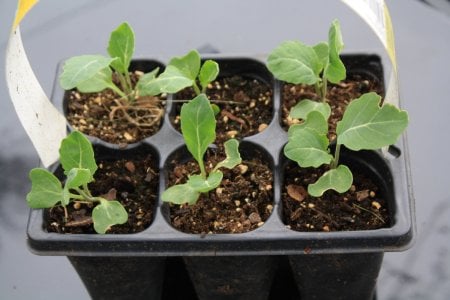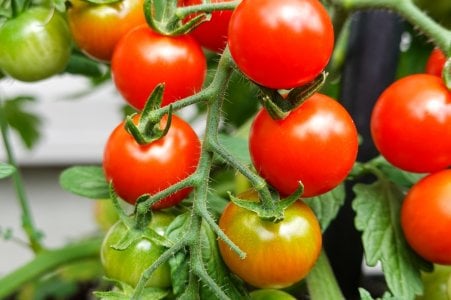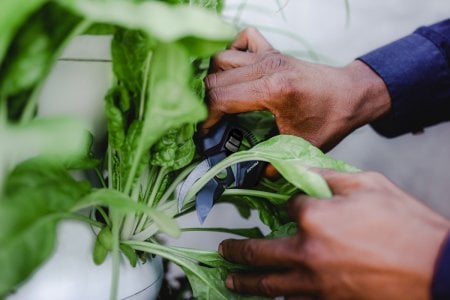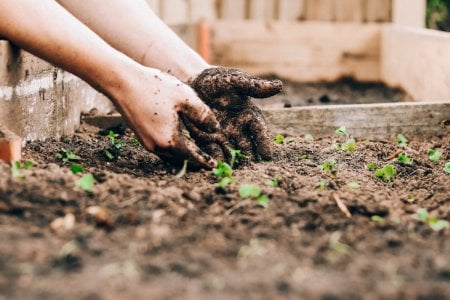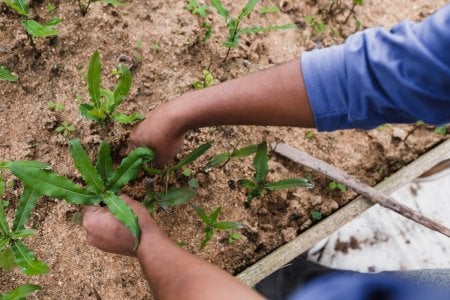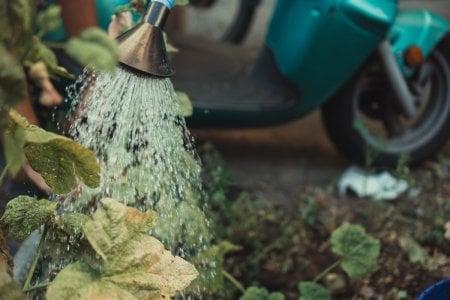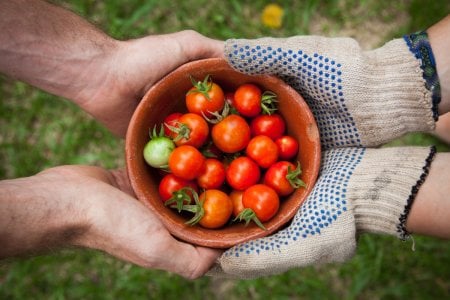SDC Rewards Member
Upgrade yours now
How to start growing your own organic vegetables and save hundreds on grocery bills
How to start growing your own organic vegetables and save hundreds on grocery bills
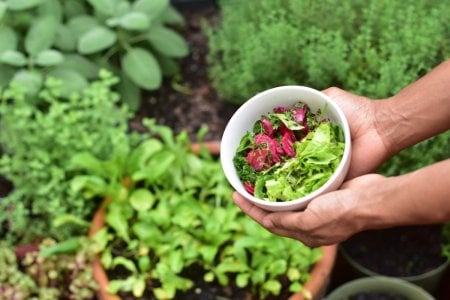
Credits: Unsplash
1. Start with a small garden
When growing your first organic vegetables, it's a good idea to start small. A small garden can be created in a number of places: a neglected corner of your yard, a balcony or patio, or even a sunny windowsill.
When you start small, you can get a feel for exactly how much work is involved in maintaining a garden and how much time it will take up. This will help you to decide whether growing your own vegetables at scale is right for you.
2. Start with the right seeds
When you're just starting out, it's a good idea to start with seeds that are easy to grow, and that are well-suited to the climate in your area.
Some good, easy-to-grow options that will thrive in most parts of Australia include:
Tomatoes
Onions
Beans
Lettuce
Cucumber
Zucchini
Squash
Many seed suppliers also offer packs of mixed seeds, which is a great option for beginners.
To figure out what types of vegetables grow best in your climate and at this particular time of year, it’s worth checking out this handy guide from Gardening Australia.
3. Choose your location
When you're choosing a location for your first vegetable garden, you'll need to keep a few things in mind:
a) Sunlight: All vegetables need at least six hours of sunlight a day. If you don't get enough sunlight, you might want to consider a greenhouse.
b) Water: Vegetables need a lot of water - some will need to be watered every day. Make sure your garden is near a water source that can be easily accessed.
c) Soil: Make sure your garden has good, fertile soil. If you're starting your garden in a neglected corner of your yard, you may need to add fertiliser and compost to the soil first. If you're growing your veggies in a pot, make sure the pot has drainage holes and a drainage tray underneath and get a quality potting mix.
d) Location: Choose a location that's easily accessible so you can tend to your garden regularly.
4. Preparing your patch
If you're starting your first organic vegetable garden in a normal garden bed, you'll need to prepare your patch. Clear the area of weeds, stones, and other debris.
If you're growing your veggies in pots, thoroughly clean them before planting. Also make sure your pots have drainage holes and a tray under them.
5. Planting
Once your garden is prepared, you're ready to start planting. For a quick start, consider germinating your seeds in a seedling tray or small pot. This will give you a headstart and the garden will be ready to transplant into the ground sooner.
Plant your seeds according to the instructions on the seed packet. Once your seeds have germinated, place the seedlings in your garden.
6. Watering and weeding
This is the part that most people don't like - watering and weeding. Your plants need a lot of water - some every day! Make sure you water your garden regularly. Also, you will need to weed your garden regularly - at least once a week.
7. Harvesting and storing
Once your veggies are ready to harvest, you'll need to figure out what to do with them! If you're growing them in a normal garden bed, it's best to harvest the veggies regularly - the longer you leave them, the more likely they are to get damaged.
If you're growing them in pots, you can harvest as you need them. If they're growing in a greenhouse, harvesting is a bit more difficult - you'll be relying on a keen eye and good timing to pick your vegetables at their peak of flavour and freshness.
Once they're picked, wash them and store them in the fridge. Make sure that you're storing them properly so they don't rot.
A few additional tips:
- It's a good idea to keep a diary of what you planted, when you planted it, and how it's growing. Keeping a record of your garden will help you get the most out of your garden and will help you to plan for next season.
- Most vegetables need to be fertilised regularly, so consider buying a good quality organic fertiliser.
- If you live in an area where it’s legal and feasible to do so, consider keeping a few chickens in your backyard. Chickens love scratching up the ground and will help to aerate the soil and keep it healthy. They can also eat a lot of the weeds in your garden.
- If you have poor quality soil or are planting directly into your yard, you may want to think about building or buying a raised garden bed. Raised garden beds are great because they allow you to work the soil and add compost and fertiliser before you plant anything. They’re also much easier on your back because you don’t need to bend over as much.
- Remember to stay safe! When gardening, always make sure you wear gloves and long sleeves, and cover your face. It’s also a good idea to wear a hat.
There you have it! These are the basics of growing your own organic vegetables. It may seem like a lot of work at first, but with a little practice, it gets easy. You’ll be eating healthy, delicious veggies at a fraction of the price, and with a lot less chemicals. What’s not to love about that?

